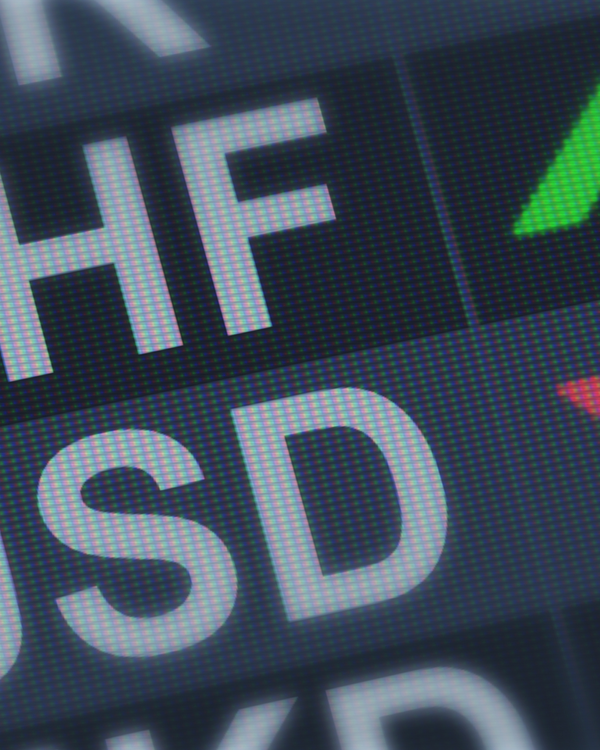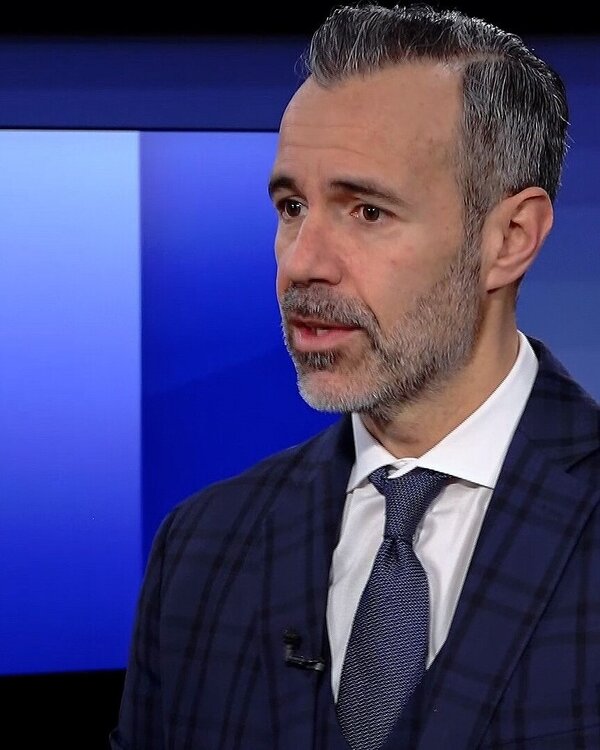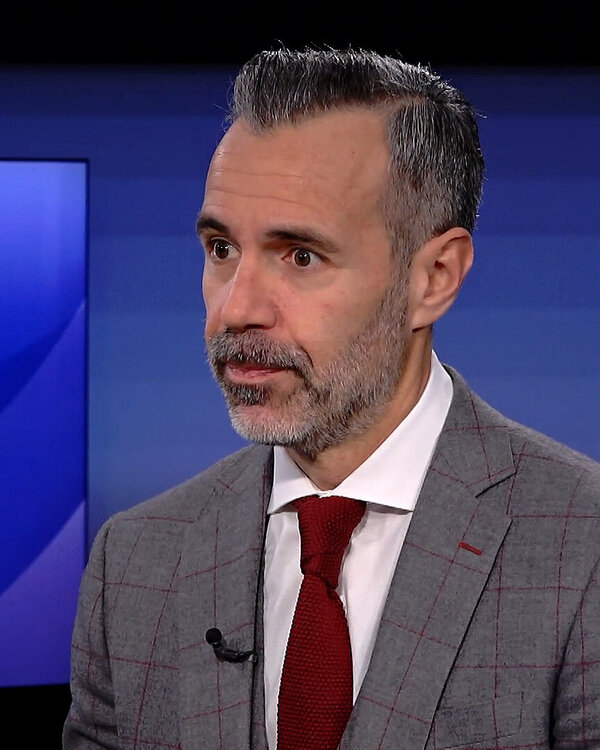Returns despite zero interest rates? Dividend stocks offer opportunities
Switzerland has returned to a zero interest rate environment, making it increasingly challenging for investors to generate returns on their assets. So, how can this still be achieved? Investing in dividend stocks is one potential solution.

Three key points for investing in a zero-interest environment:
- Dividend stocks can be an attractive alternative to bonds, as they offer not only potential capital gains but also regular payouts. However, they are subject to greater price fluctuations and do not replace the stabilising function of bonds.
- Gold, as a stable asset, can be an integral part of a diversified portfolio and help hedge against economic uncertainties.
- Even in a zero-interest environment, broad diversification across various asset classes, sectors, and regions is essential to minimise the risk of losses and achieve more stable returns.
Following the Swiss National Bank’s (SNB) interest rate cut last June, Switzerland has once again entered a zero interest rate phase. This marks the end of the positive interest rate period after just three years. As a result, government bonds are yielding close to zero, rendering them generally unattractive.
Iwan Deplazes, Head of Asset Management at Zürcher Kantonalbank, emphasised on the programme Geld & Vorsorge that these investments should always be considered in the context of inflation: "If you look at ten-year Swiss government bonds, they yield around 0.2%, which is roughly in line with inflation. This means you’re essentially preserving value." However, he also made it clear that investors seeking returns in a zero interest rate environment should consider diversifying into other asset classes.
Dividend stocks as a solution to zero interest rates
One option that is gaining increasing relevance in the current zero interest rate environment is dividend stocks. These not only offer the potential for capital gains but also provide regular payouts. "On average, Swiss stocks yield just over 2%, and in some cases, even 4 to 5%," Deplazes explained.
A key principle when selecting investments is: the higher the return, the higher the risk. This is typically true for dividend stocks, which are subject to greater price volatility compared to bonds. As such, dividend stocks can be a valuable addition to a portfolio but cannot fully replace the stability traditionally offered by bonds.
Learning to invest
How to invest money wisely? It's easier than many think. Find out here how to successfully get started in the world of investing
Other investment opportunities in a zero interest rate environment
In addition to dividend stocks, there are other alternatives to counteract zero interest rates. These include real estate funds and real estate investment trusts (REITs), which currently offer yields of around 2%, albeit with some degree of volatility. Foreign currency bonds, such as those denominated in USD or EUR, may also provide higher yields. However, these come with currency risk, which can be hedged, albeit at a cost.
Finally, gold remains another option: "Gold, as a stable asset, is undoubtedly an integral part of a diversified portfolio," said Deplazes. Overall, Deplazes recommends a broadly diversified investment strategy. Such an approach typically reduces the risk of significant losses and has historically led to more stable returns over time. At the same time, diversification can provide a way to better position oneself in the current zero interest rate environment.
The full interview with Iwan Deplazes (in Swiss German only).



